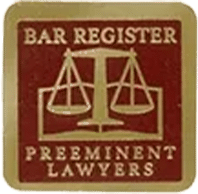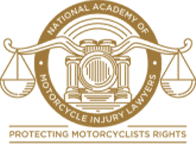What Should You Do If you Suspect Nursing Home Neglect or Abuse?
If the situation is an emergency, call 911 or your local emergency hotline immediately to secure medical care for the resident.
Tell someone immediately. Talk to the resident’s doctor or to a family member or friend whom you trust. Then, call the elder abuse helpline for your state. In Oklahoma, call 1-800-522-3511. In Arkansas, call 1-800-582-4887, or if you are in Pulaski County, call the local line at 501-682-8425.
When you call to report suspected abuse or neglect:
- Be as specific as you can. The more detailed you can be in your description of what you saw, heard, or experienced, the better the authorities can investigate the facility. For instance, instead of saying “My grandmother looked a mess today,” say “My grandmother was wearing the same nightgown she was wearing last week, with dried food spilled down the front. Her entire room smelled like urine, and she is complaining of pain in her back and asked repeatedly if we could help her roll over.”
- Keep reporting. Report every incident you can, in as much detail as possible. Each report collects information that can be vital to stopping abuse – not only of your loved one, but of other patients in the facility as well.
- Consider moving the resident. If possible, consider moving the resident to a new facility. Do your research to find a place that is free of the problems you’re seeing in the current living situation.
- Remember that the resident has the right to refuse help. Unless your loved one no longer has the mental capacity to make decisions, he or she has the legal right to refuse help from investigators or other sources. Be as supportive as you can without pressuring or alienating your loved one, and continue gathering evidence and keeping a watchful eye on the situation.
- Talk to a lawyer. An experienced attorney can coordinate with investigators and gather information and evidence to fight for your loved one’s right to compensation for the harm suffered.
















